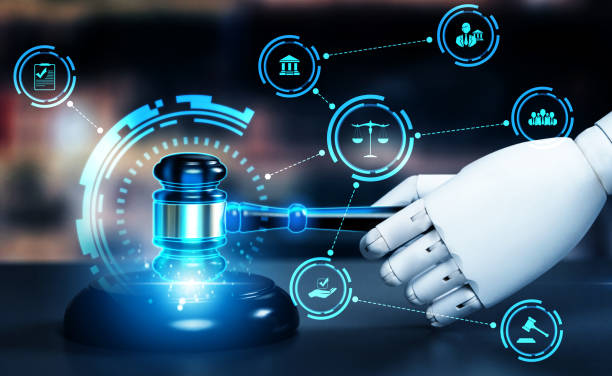The legal industry, long known for its reliance on tradition and precedent, is undergoing a radical transformation. At the heart of this change is Artificial Intelligence (AI), driving what many are calling the LegalTech revolution. From streamlining legal research to automating contracts, AI is fundamentally altering how law firms operate—making them faster, smarter, and more client-focused.
Automating the Mundane, Amplifying the Strategic
One of the biggest shifts AI brings is the automation of repetitive legal tasks. Document review, contract analysis, compliance monitoring, and e-discovery are now handled by intelligent software that can scan millions of pages in seconds—something no human can match. Tools like Kira Systems and Luminance use machine learning to extract key information from contracts, flag anomalies, and even suggest revisions, allowing lawyers to focus on higher-value advisory work.
Smarter Legal Research
Gone are the days of spending hours combing through legal databases. AI-powered platforms such as ROSS Intelligence and Casetext use natural language processing (NLP) to understand queries and deliver relevant case law instantly. This not only speeds up research but also reduces the margin of error, ensuring more accurate and comprehensive results.
Predictive Analytics and Case Outcomes
AI is now being used to predict the likely outcome of cases based on historical data. Tools like Lex Machina analyze thousands of past court decisions to provide insights into judges’ behavior, opposing counsel strategies, and case timelines. This predictive power helps law firms make better strategic decisions and advise clients with greater confidence.
Enhancing Client Services
Clients today demand transparency, speed, and cost-effectiveness. AI is helping law firms deliver on these expectations. Chatbots are being used to answer common legal questions and provide updates on case progress, while AI-driven billing systems offer more accurate cost estimates and real-time tracking. This shift not only improves client satisfaction but also positions law firms as more tech-forward and responsive.
Challenges and Ethical Considerations
Despite the advantages, AI in law comes with challenges. Questions around data privacy, algorithmic bias, and the potential for job displacement remain unresolved. Lawyers must also grapple with ethical responsibilities—ensuring that AI-generated advice meets professional standards and does not compromise client confidentiality.
Additionally, the human touch in legal work—empathy, negotiation, and courtroom advocacy—cannot be fully replaced. AI should be seen as an augmentation tool, not a replacement for legal professionals.
The Future of Legal Practice
The LegalTech revolution is not just a trend; it’s the future of law. Firms that adopt AI-driven tools are better positioned to thrive in an increasingly competitive and fast-moving environment. Law schools are even beginning to incorporate LegalTech and AI into their curriculums, preparing the next generation of lawyers for a hybrid world where legal acumen and tech fluency go hand in hand.
In conclusion, AI is reshaping the legal landscape at an unprecedented pace. Law firms that embrace this transformation will not only gain a competitive edge but also redefine what it means to practice law in the 21st century.









